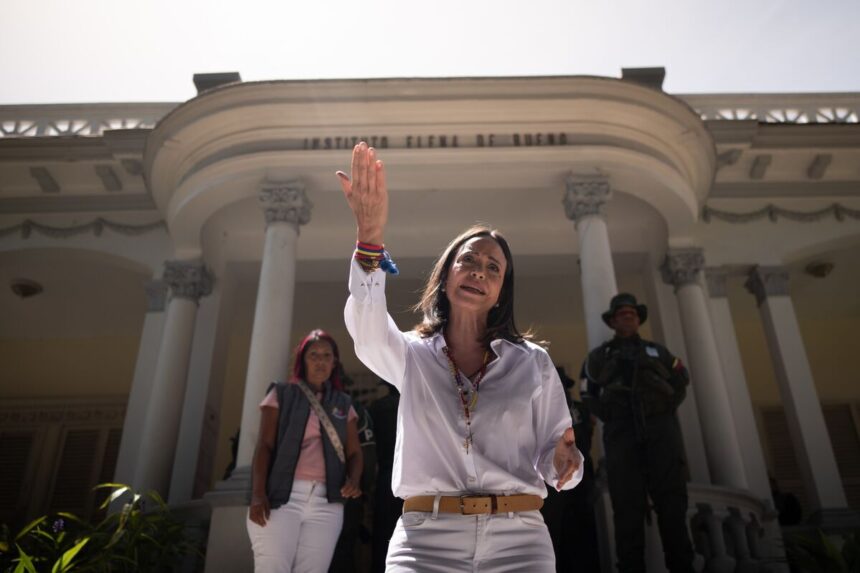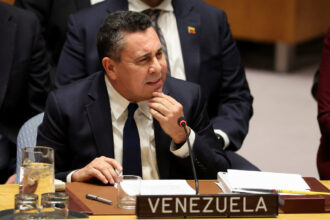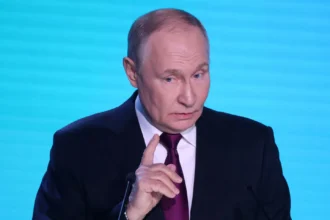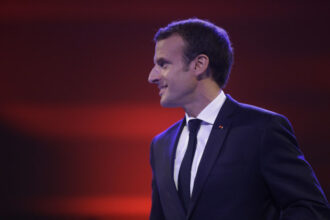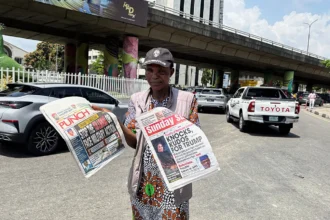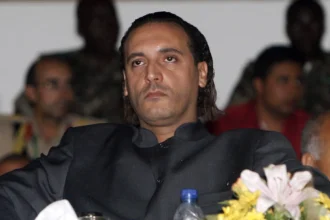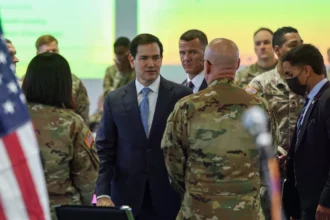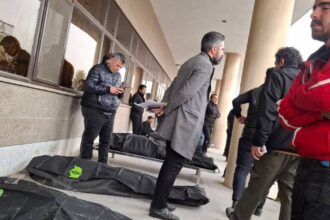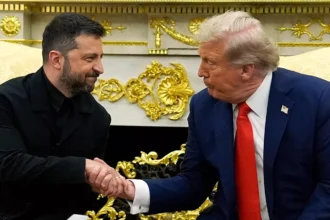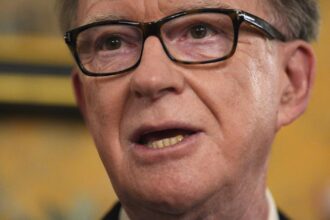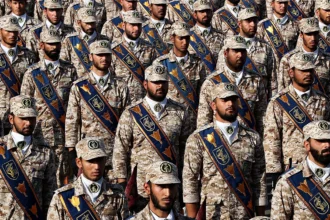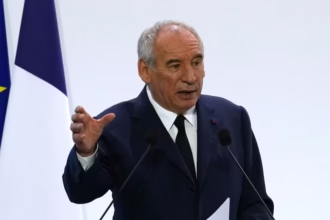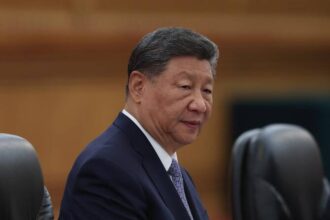In an impassioned and defiant message from hiding, María Corina Machado, Venezuela’s leading opposition figure and Nobel Peace Prize laureate, declared that the democratic movement is prepared to assume power in Caracas — with or without the approval of Nicolás Maduro’s regime.
Her statement marks the boldest challenge yet to Maduro’s two-decade grip on Venezuela, signaling that the opposition’s long, difficult campaign for political change is entering a decisive phase.
“We are ready to take over government,” Machado said in a recent interview, her voice both resolute and weary from years of political persecution. “The Venezuelan people have spoken. The regime is illegitimate — and we are prepared to lead our nation back to democracy.”
A Nation on the Brink
Venezuela remains one of the world’s most politically and economically unstable nations. Once Latin America’s wealthiest oil producer, it has endured a catastrophic collapse marked by hyperinflation, mass migration, and systemic corruption.
Maduro’s government, facing international sanctions and domestic discontent, has clung to power through a combination of repression, military loyalty, and the dismantling of democratic institutions. Meanwhile, millions of Venezuelans have fled the country in search of food, work, and safety.
Amid this turmoil, Machado has become the face of Venezuela’s democratic resistance — a movement defined by courage and endurance in the face of an authoritarian state.
Life in Hiding
Since being barred from public office and threatened with arrest, María Corina Machado has lived largely underground, moving between safe houses and relying on loyal supporters to communicate her message to the world.
Despite constant surveillance by state intelligence forces, she continues to coordinate with opposition groups, local organizers, and international allies. “Every day is a battle,” she said. “But fear no longer controls us. Venezuela’s people have lost everything — except their dignity and hope.”
Machado’s resilience has made her a symbol of the Venezuelan struggle for freedom, drawing comparisons to dissidents such as Aung San Suu Kyi and Lech Wałęsa in their earlier years. Her recognition with the Nobel Peace Prize earlier this year underscored the global admiration for her unwavering commitment to nonviolent resistance.
A Movement Poised for Change
The Venezuelan opposition, long divided by internal rivalries, has recently shown signs of unprecedented unity. Various political and civic groups have coalesced under Machado’s leadership, preparing what they describe as a “transitional framework” for restoring constitutional order.
“We have a plan,” Machado asserted. “We are working with experts, with regional leaders, and with members of the military who understand their duty to the people — not the dictatorship.”
According to sources close to the opposition, discussions are underway for a national unity government that would oversee new elections, rebuild key institutions, and seek emergency international aid to stabilize the collapsing economy.
Maduro’s Regime on Edge
In Caracas, Maduro’s government has denounced Machado’s statements as “treasonous,” accusing her of collaborating with “foreign imperialists.” Several of her aides have been detained in recent weeks, while state media outlets have intensified propaganda labeling the opposition as agents of “U.S. aggression.”
Yet analysts say the regime’s tone betrays its growing insecurity. Economic conditions have worsened despite limited relief from oil exports, and internal dissent within the armed forces has been quietly spreading.
“Maduro’s power depends on fear and money,” said a senior Latin American diplomat. “Both are running out.”
International Pressure and the U.S. Factor
Machado has repeatedly called on the international community to increase pressure on Maduro’s regime, including targeted sanctions, diplomatic isolation, and support for democratic movements inside Venezuela.
But in her latest remarks, she went further — suggesting that limited U.S. military action might be necessary if peaceful transition fails. “The Venezuelan people have suffered enough,” she said. “If the only way to stop this regime’s violence is through international intervention, then so be it. We can no longer pretend that diplomacy alone will save us.”
Her comments have sparked intense debate in Washington, where policymakers are divided over how far the U.S. should go in supporting regime change. While the Biden administration has backed peaceful democratic transition, military options remain highly controversial and carry regional risks.
The Road to Democracy
Despite daunting odds, Machado remains confident that Venezuela’s turning point is near. Her vision for the country focuses on institutional reform, economic liberalization, and reconciliation — not revenge.
“Our mission is not only to remove a dictator,” she said. “It is to rebuild a nation. That means justice without vengeance, and freedom with accountability. Venezuela must heal — but first, it must be free.”
Her call resonates deeply among Venezuelans both at home and abroad. Millions in the diaspora continue to support the opposition through activism, remittances, and advocacy in host countries, helping sustain international attention on the crisis.
The World Watches Caracas
With protests mounting and internal fractures widening, observers believe the coming months could be decisive. If the opposition’s momentum holds and key sectors of the military shift allegiance, Maduro’s government could face its greatest existential threat yet.
Regional leaders, including those from Colombia, Brazil, and the European Union, have urged restraint and dialogue, fearing a violent collapse that could destabilize Latin America. Still, for many Venezuelans, the time for talk is over.
“The world must choose,” Machado said. “Will it stand with tyranny, or with those who risk everything for liberty?”
Conclusion: A Nation on the Edge of Change
María Corina Machado’s message reflects both the urgency and exhaustion of a nation that has endured too much. Her insistence that the opposition is ready to govern marks a historic moment — one that could signal the beginning of Venezuela’s long-awaited democratic rebirth, or plunge it into another cycle of conflict.
As the world watches, one truth stands clear: Venezuela stands at a crossroads, and its next steps will define not only its future, but the future of democracy in Latin America.

